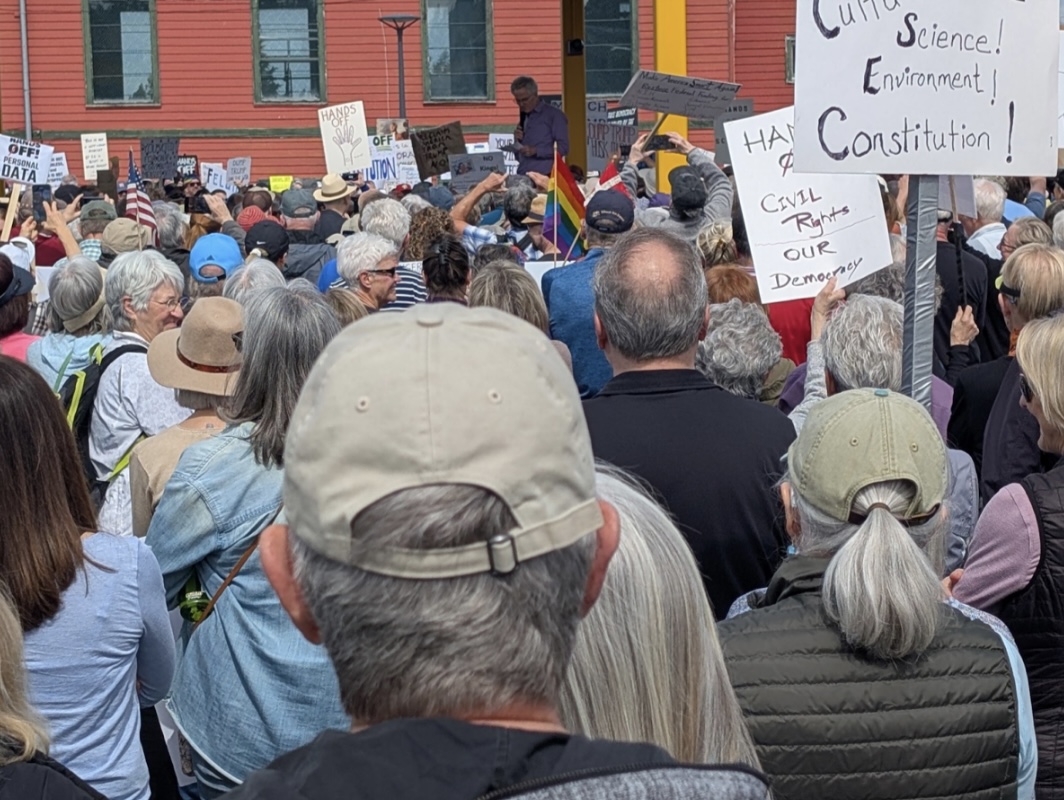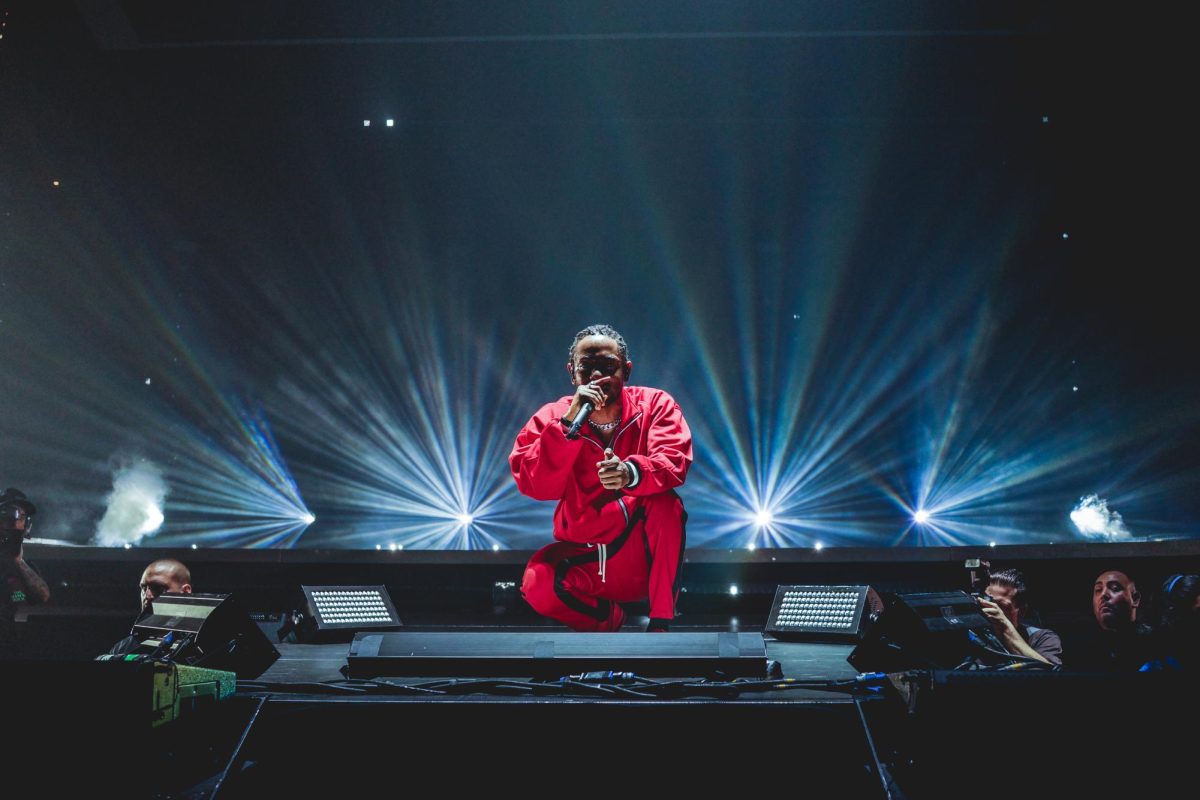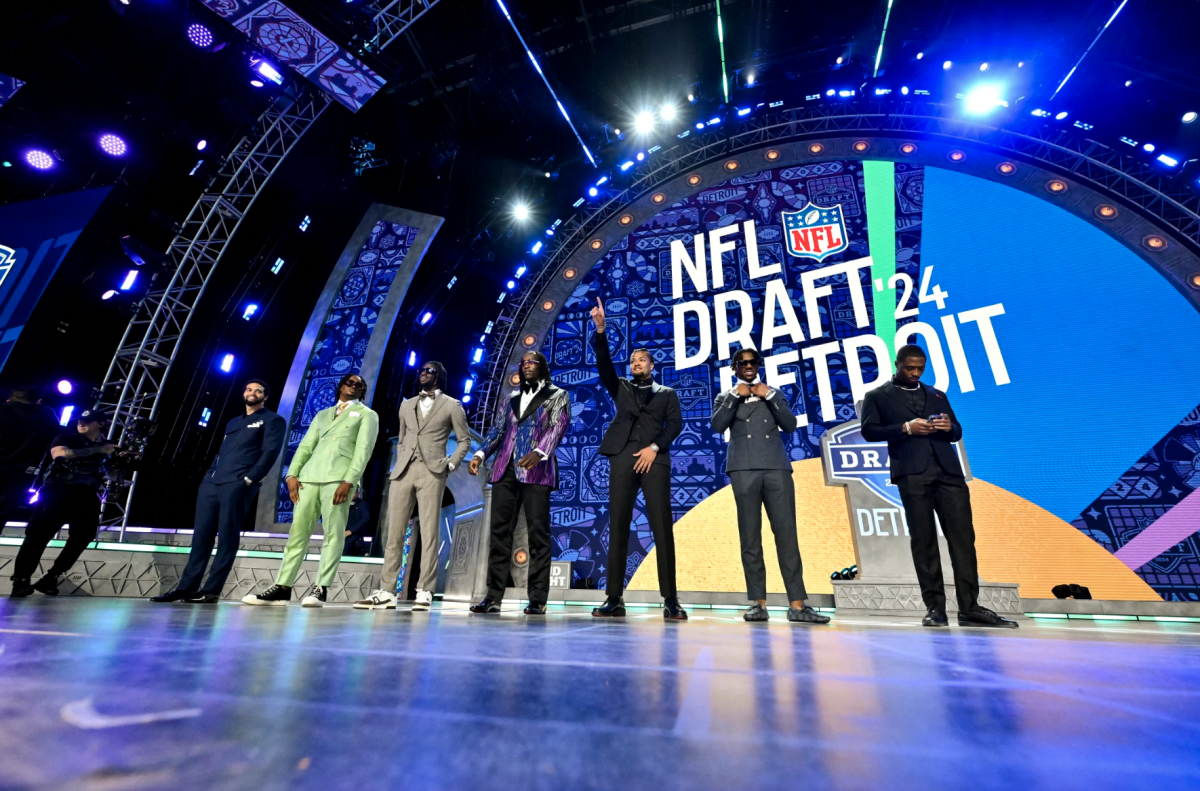
The events surrounding the 2020 democratic primary will likely be forgotten; cast aside as mere footnotes overshadowed by the COVID-19 pandemic. But no one should forget the historic campaign waged by Sen. Bernie Sanders.
Sanders came remarkably close to becoming the democratic nominee. In fact, after his whopping 30-point victory in Nevada, the consensus (and fear) in the media and many political intelligentsia circles was that Sanders would win the nomination.
Even FiveThirtyEight founder Nate Silver, who had been skeptical of Sanders’ chances in the runup to the Iowa caucuses, had predicted that Sanders was very likely to win the nomination by securing a majority of the available delegates.
That was, of course, until a political maneuver killed Sanders’ chances in one stroke.
Two days prior to Super Tuesday, Pete Buttigieg, winner of the Iowa caucuses and second place in New Hampshire, dropped out. The following day, Sen. Amy Klobuchar followed suit.
Both immediately endorsed Joe Biden, who went on to win 10 out of the 14 states up for grabs on Super Tuesday.
Red Scare
In a country where the red-scaring legacy of McCarthyism is still very much alive, the fact that a democratic socialist like Sanders came close to taking over the Democratic Party is not only remarkable, but historic.
The last presidential candidate to call themselves a socialist was Eugene Debs, who was jailed during his presidential bid for alleged sedition in 1920. That year, he won a measly 3.2% of the vote.
After Sanders won Nevada, the immediate coverage of his campaign was ridiculous. Prior to the Nevada primary, MSNBC host Chuck Todd compared Sanders supporters to “brownshirts,” the original paramilitary wing of the Nazi party.
Also on MSNBC, commentator Chris Matthews likened Sanders winning Nevada to the Nazis taking over Paris and articulated fears that “the reds” would publicly execute him in Central Park.
It’s worth noting that Sanders is Jewish and much of his family were wiped out during the Holocaust.
In the weeks following Sanders’ victory in Nevada, media coverage of his campaign centered on his past praise of Cuba’s literacy program, rather than discussion of the victory itself.
Clearly, the media did not favor Sanders. A Pew Research Center survey found that a majority of the democratic electorate trust traditional news outlets such as CNN and MSNBC.
The impact of negative media coverage can’t be underestimated when it comes to the downfall of a political campaign. Corporate media still hold incredible power and whoever isn’t “knighted” (Sanders certainly wasn’t) faces near-impossible electoral prospects.
Introspection
Looking back, there’s no denying that Sanders initially benefited from a severely fractured democratic race. He just didn’t have the necessary support from older demographics.
When Buttigieg and Klobuchar redirected the majority of their voters to the Biden camp, that was pretty much the end of his run. However, Sanders was also not the perfect candidate. Far from it.
When push came to shove and Sanders and Biden were the only two candidates remaining, Sanders had a chance to highlight the differences between them and expose Biden’s record on issues like social security and the Iraq war.
As chair of the Senate’s Foreign Relations Committee (FRC), Biden not only voted to allow the Bush administration to invade Iraq on phony “weapons of mass destruction” charges, but due to his position in the FRC made any democratic opposition to the war untenable. Biden has also gone on record throughout the years as willing to negotiate social security and medicare cuts with republicans; a line many of his fellow democrats are historically not willing to cross.
Sanders pointed out these differences, but not with the strength or conviction required. Sadly, in his own words, he likes Biden. He didn’t have it in him to deliver a knockout blow.
Sanders’ aides were much more critical of Biden, especially David Sirota, Sanders’ speech writer, who would regularly come under fire for pointing out Biden’s record on social security.
However, Sirota’s line of attacks were largely confined to Twitter; a platform that’s very much an echochamber. Those attacks were not going to work without a comparable intensity from the candidate himself.
“Bernie was too kind to go after Biden, but it’s coming,” Briahna Joy Gray, Sanders’ national press secretary tweeted shortly after Sanders dropped out.
Donald Trump certainly won’t be kind to Biden.








